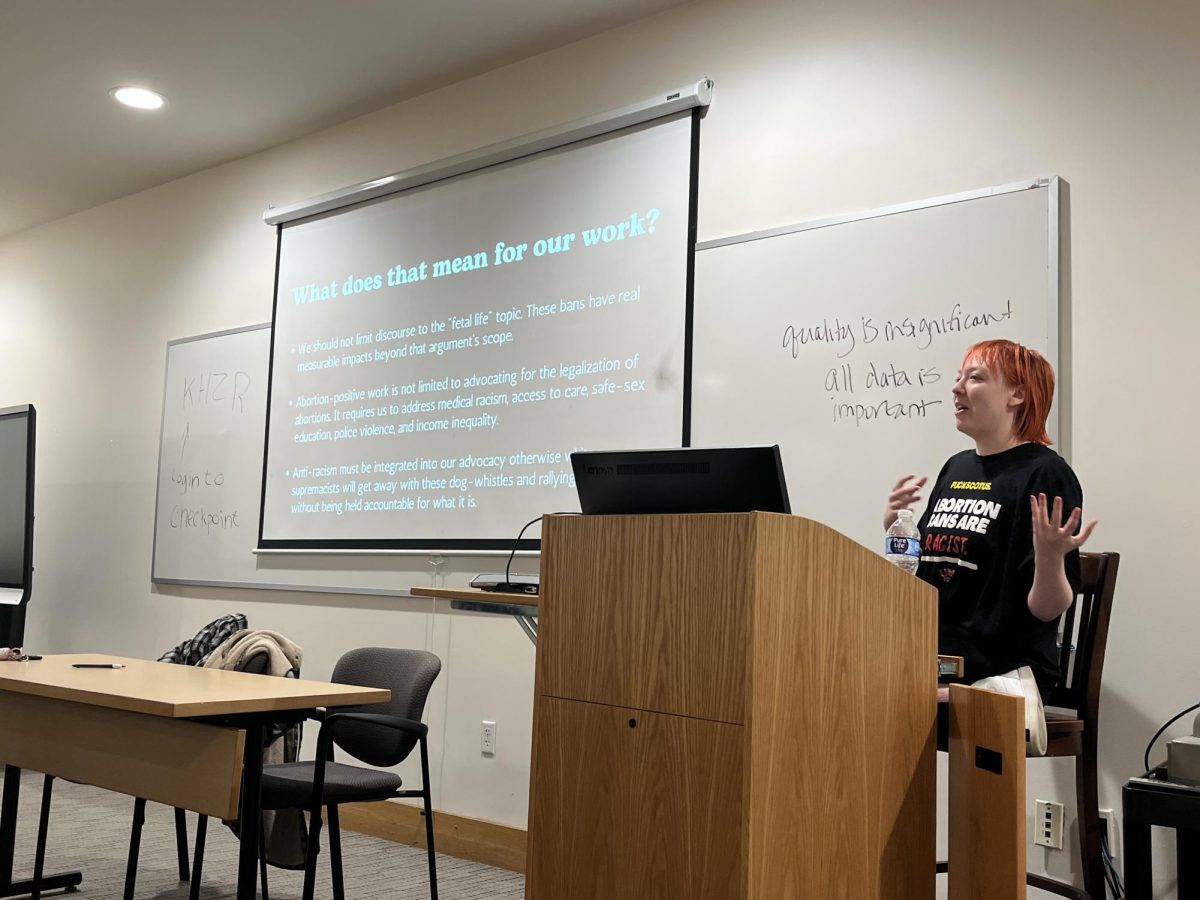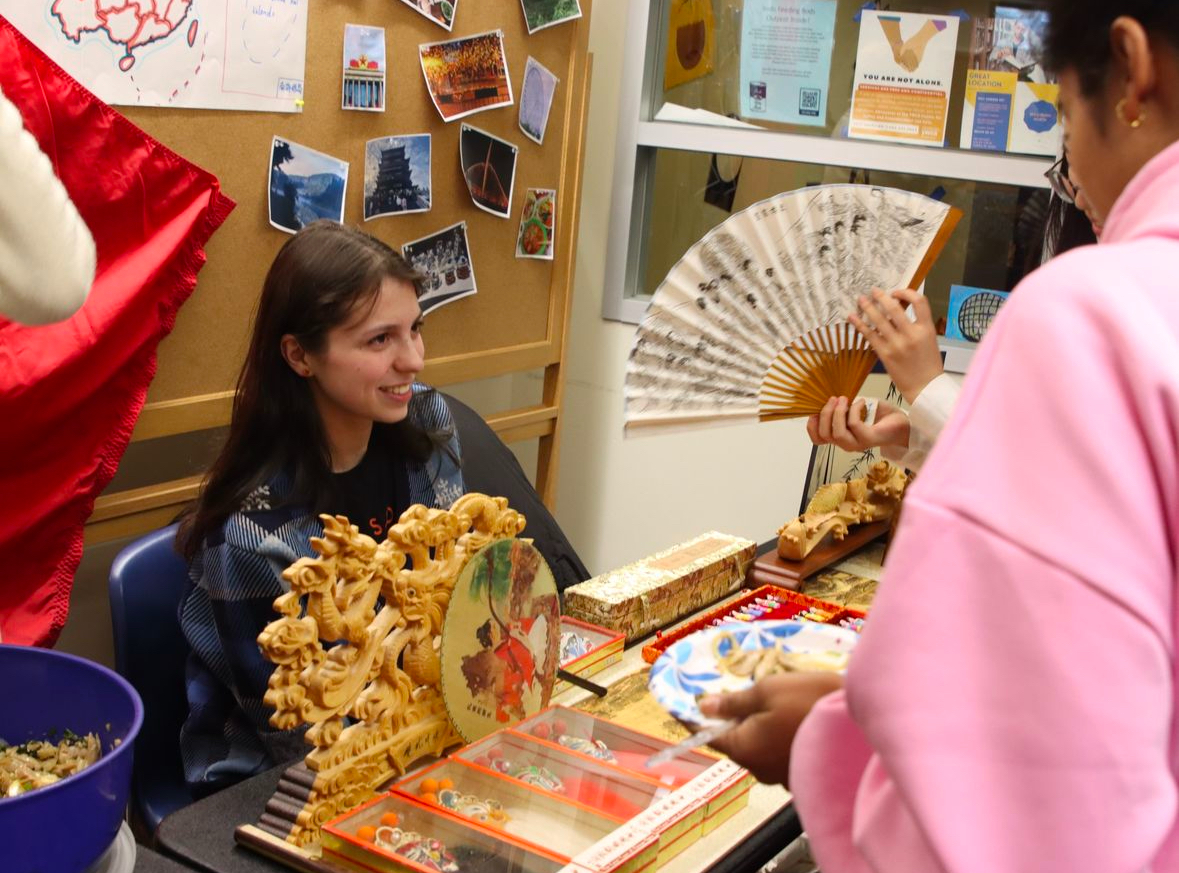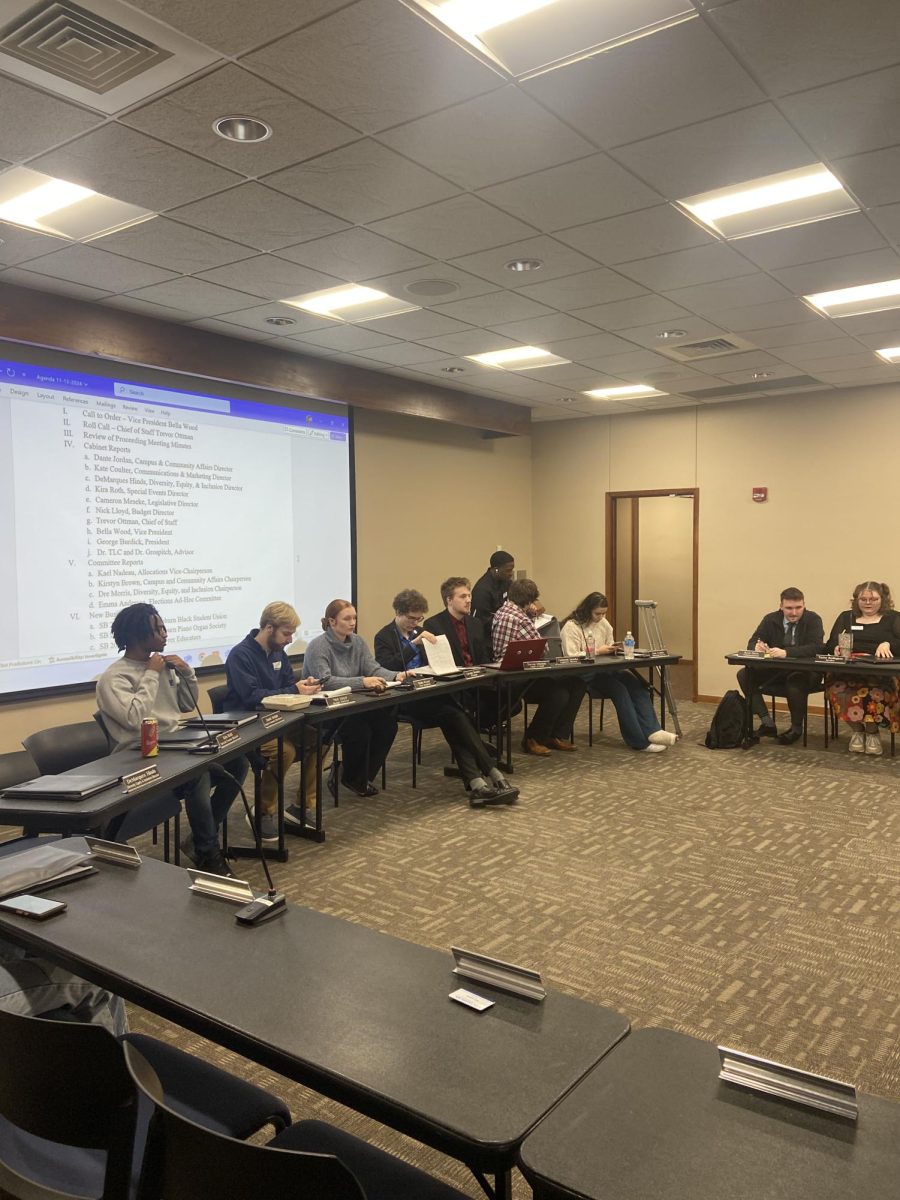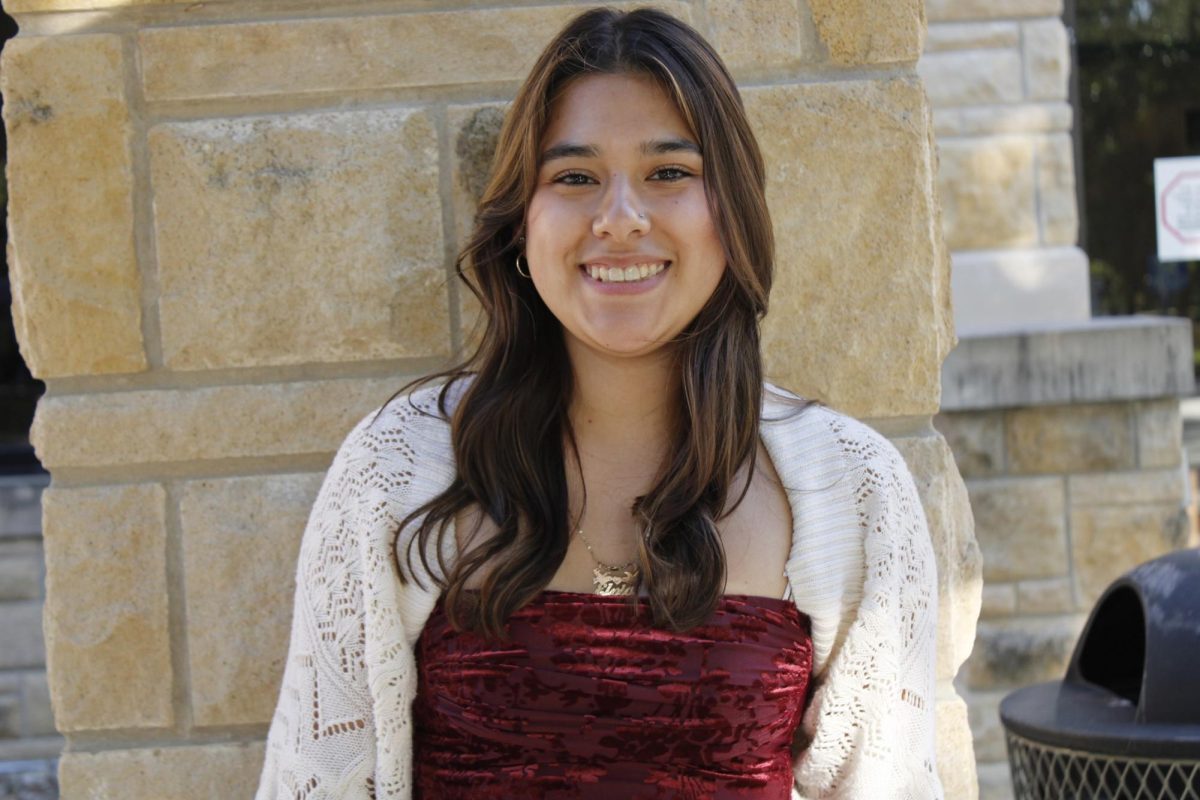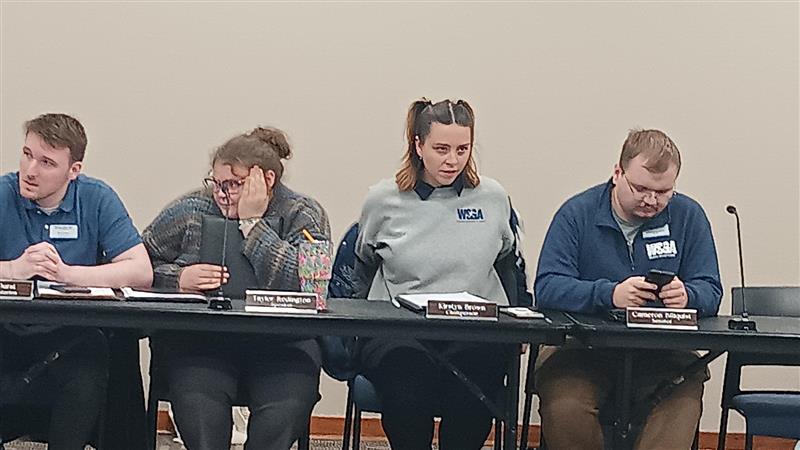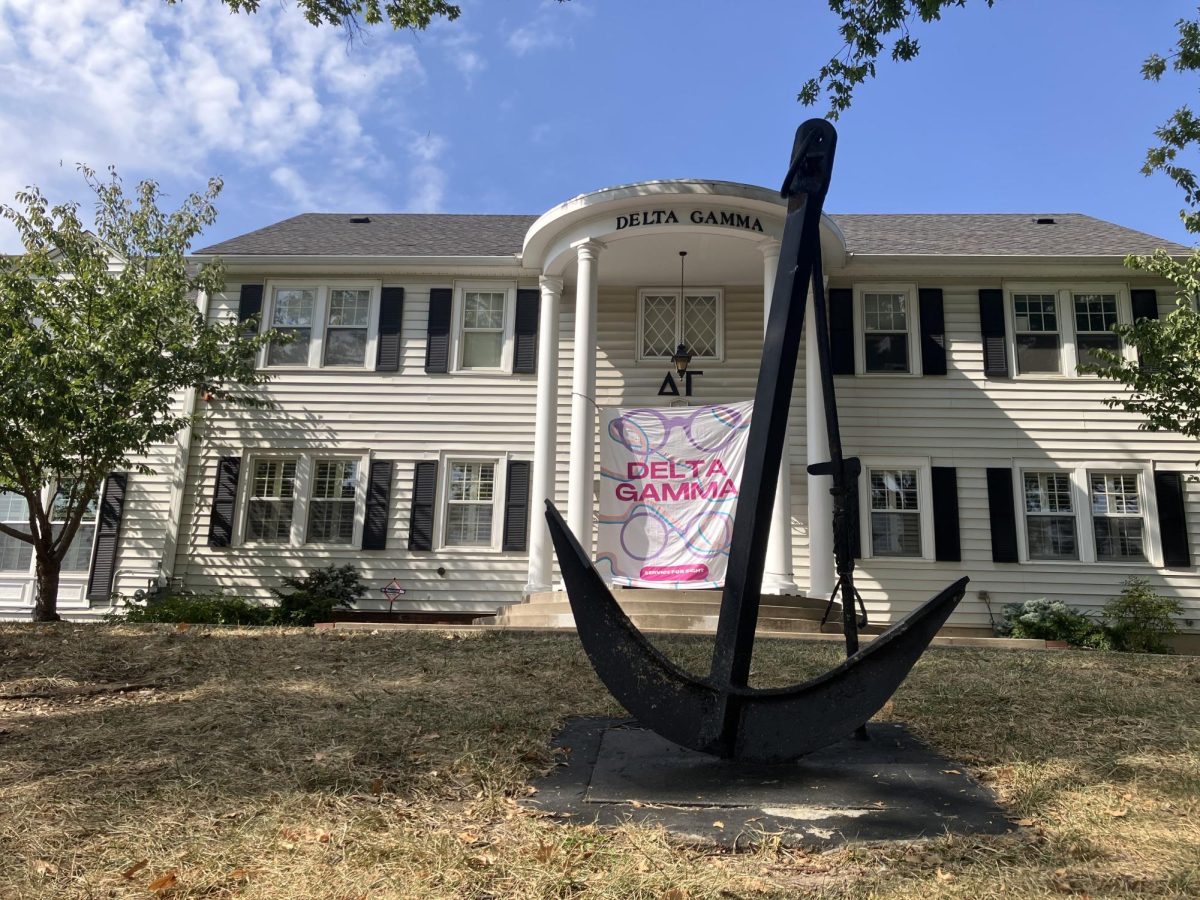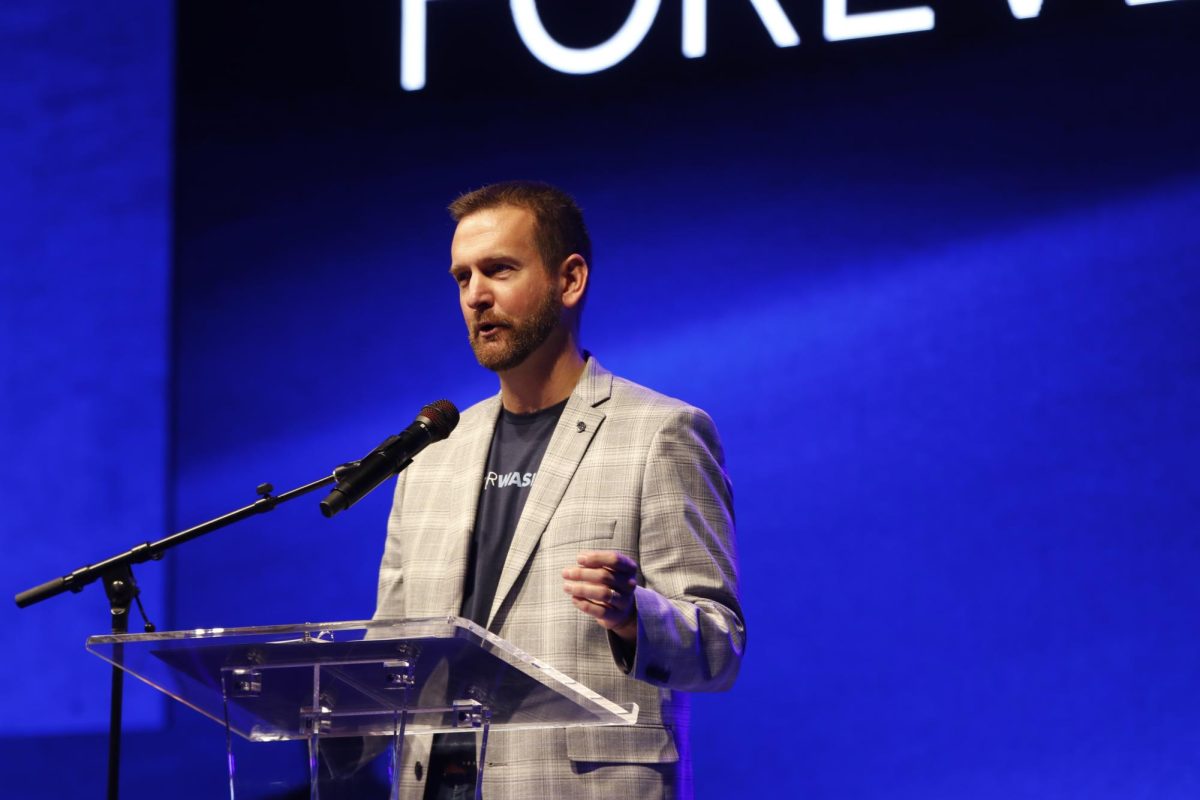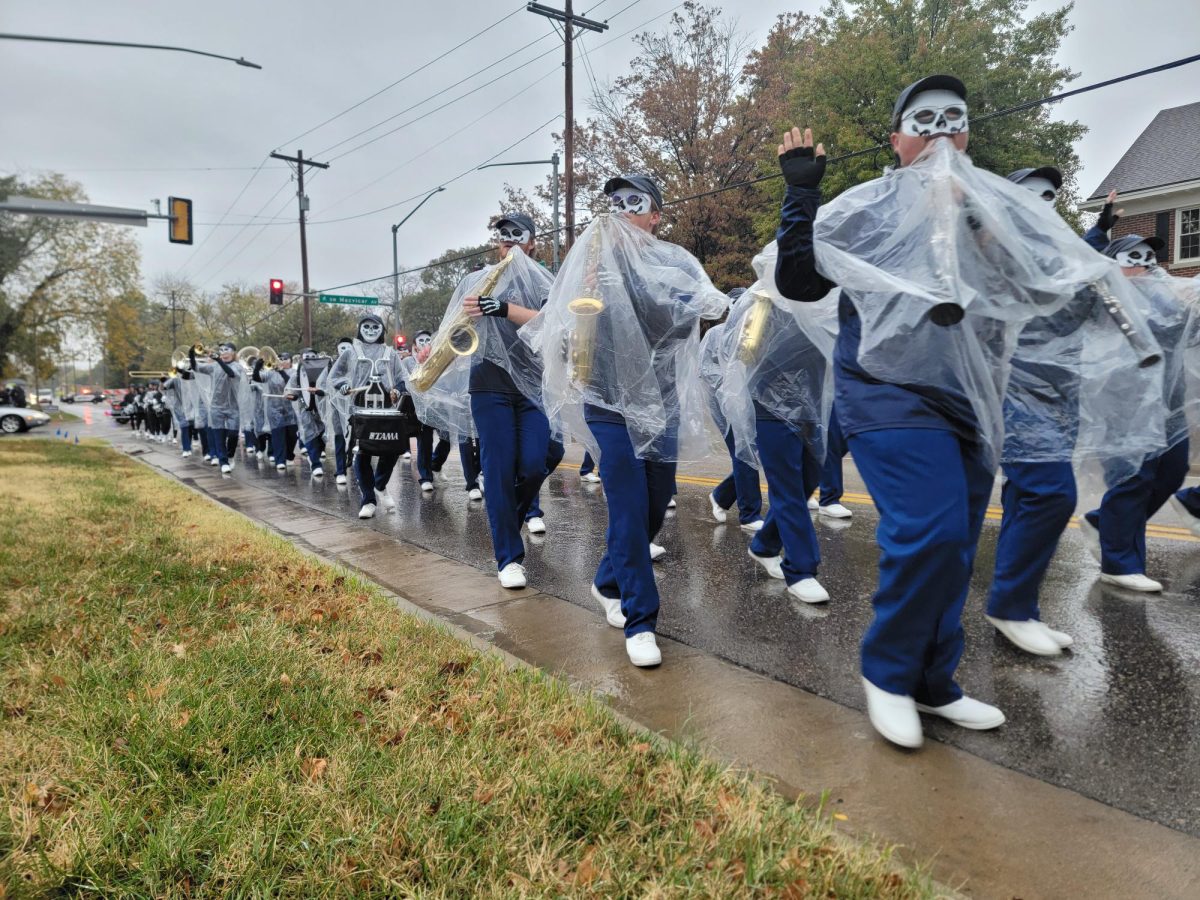On Thursday, Feb. 22, in the Blair Room of the LLC, Unite for Reproductive and Gender Equity met to discuss how abortion bans are racist.
The meeting opened with announcements of the club’s t-shirt fundraiser, tabling on March 19 from 1-3 p.m. and doing another sexual assault awareness candlelight vigil.
After announcements were wrapped up, a presentation followed with the first three minutes of a YouTube video explaining the history of what makes abortion bans racist. The video is longer, but the part URGE wanted to focus on was shown for three minutes.
After the video, Jenna Goron, first year grad student and campus communication officer, continued the presentation with some additional information provided by American Civil Liberties Union (ACLU). Some statements from the slideshow read, “Many prominent political figures wanted to reduce access to abortion during racist anti-immigrant campaigns like ‘yellow peril’ so that white people would keep giving birth to maintain their majority.” The slide ended with, “None of this is speculation, we have primary documents from the time that these were the exact motivations.”
Goron continued with a slide about how the impacts of abortion bans are racist. The reasons were listed as: medical racism, which involves removing the option for abortions, forcing people to engage with a racist medical system, non-white people usually get abortions, unequal application of the law, racially motivated policing means that abortion bans are more likely to result in criminal charges, and the cost of abortion and traveling isn’t covered by health care.
“So, we’re in the wake of the Black Lives Matter movement and being like peak popularity,” Goron said. “And I think that there’s a general awareness of the way that policing in general is racist, right?”
Then the group discussed not “limiting themselves to the ‘fetal life’ topic.” Abortion-postive work enforces addressing medical racism, access to care, safe-sex education, police violence and income inequality, and finally, “Anti-racism must be integrated into our advocacy otherwise white supremacists will get away with these dog-whistles and rallying points without being held accountable for what it really is.”
Once the presentation concluded, the group sat around discussing how to approach this conversation, using “safe” languages, knowing resources to share with people and being supportive. Finally, the executive team urged members to encourage others to reach out to their Instagram, @washburnurge, if anyone needs a supportive and safe environment.
URGE meets again at 7:30 p.m. March 7, to play bingo. It costs $1 per card and the prizes are sex toys, makeup and self-care products.
Edited by Stuti Khadka and Jeremy Ford




